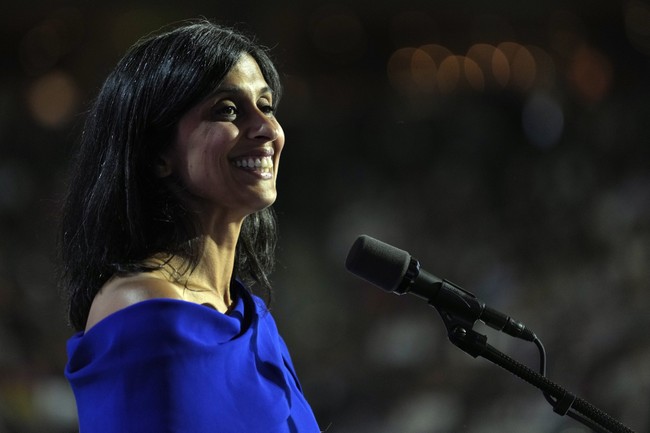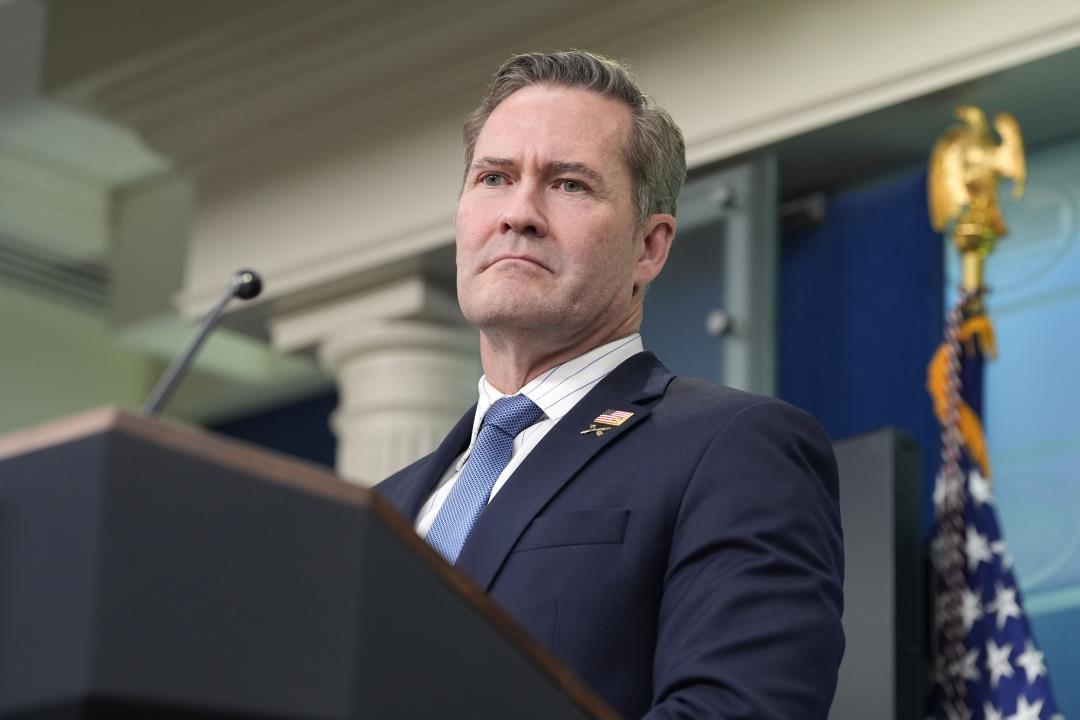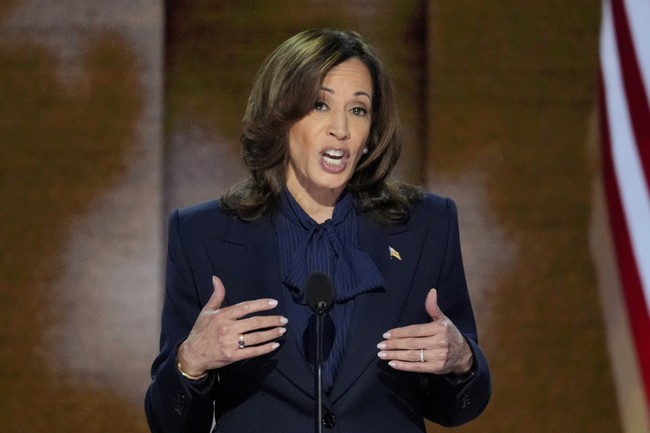Greenland: Usha Vance and Diplomatic Tensions
Explore the diplomatic tensions surrounding Usha Vance's visit to Greenland. Understand the diverse perspectives from Greenland and Denmark on this controversial trip.
Published March 26, 2025 - 00:03am

Image recovered from redstate.com
The planned visit of Usha Vance, the wife of U.S. Vice President JD Vance, to Greenland has sparked a multifaceted diplomatic controversy. The visit, set against the backdrop of increasing U.S. interest in the strategic island, has drawn varied reactions from Greenlandic and Danish political figures. Greenland's Prime Minister, Mute Egede, described the visit as an aggressive move, aligning this event with former President Donald Trump's recurring interest in annexing Greenland. Such a stance had previously sparked discussions and tensions in the geopolitical landscape.
Greenland, known for its rich natural resources and strategic position in the Arctic, has often been a point of interest to the U.S. administration. The island's status as a Danish autonomous territory complicates matters of international relations. Prime Minister Egede's statements reflect a broader discontent within Greenland regarding the perceived encroachment on its sovereignty. Moreover, Egede questioned the presence of high-ranking U.S. officials like National Security Advisor Mike Waltz, suggesting underlying intentions beyond a goodwill visit.
The Danish response was equally stark, with Foreign Minister Lars Løkke Rasmussen criticizing the nature and timing of the visit. He contended that the visit appeared as a charm offensive to court Greenland into the U.S. sphere of influence, despite no apparent political will in Greenland or Denmark to shift alliances. Danish authorities criticized this as a breach of diplomatic norms, suggesting inadequate respect and consideration for the hosting nations' governance and public opinions.
In Denmark, governmental figures like Prime Minister Mette Frederiksen underscored the need for international relations grounded in mutual respect and sovereignty. The reaction from Danish officials highlighted the delicate balance Denmark maintains in managing its relationship with Greenland while engaging with powerful allies like the United States. This balance becomes ever more crucial as Greenland undergoes political transitions, awaiting the formation of a new administration post-elections.
Meanwhile, the political climate in Greenland remains tense, with multiple parties and leaders vocalizing their objections. Greenland's political representatives, amidst a transitional government phase, expressed concerns over such visits undermining their authority and self-determination. The discourse leans heavily on the aspects of dignity and respect for national identity, sentiments echoing widely across the region.
This diplomatic conundrum also ties into broader geopolitical themes, including military and economic interests. The Trump administration's previous assertions about acquiring Greenland added layers of complexity and suspicion to current U.S. diplomatic engagements with the island. The notion of integrating Greenland into the United States, expressed through media and political narratives, has not been well received, marking a stark contrast between American ambitions and Greenlandic dissent.
Further fueling the controversy is the timing, coinciding with Greenland's strategic developments in tourism and infrastructure. The island nation, seeking to diversify its economy beyond its traditional fishing industry, is now looking to tourism and potentially its rich mineral reserves. This development underlines not only Greenland's ambitions for economic empowerment but also its strategic significance and the external interests it garners.
As Usha Vance prepares for her visit, the socio-political climate remains charged, with protests anticipated and dialogues on sovereignty and self-determination resurging. In towns like Sisimiut, where Usha Vance plans to observe local cultural events, political tensions translate into public demonstrations, underscoring grassroots opposition within Greenland.
This intricate geopolitical dance reflects not just the multifaceted nature of international relations but also the growing significance of Arctic territories in global politics. With resources and strategic points becoming increasingly salient, the Arctic—and by extension, Greenland—remains a hotbed of international interest and contention.
The forthcoming visit thus shines a spotlight on the ongoing diplomatic challenges and the delicate interplay of power, sovereignty, and international diplomacy in the region. As diplomatic narratives unfold, the resolutions found, or lack thereof, will likely reverberate through international policy and local governance for years to come.







